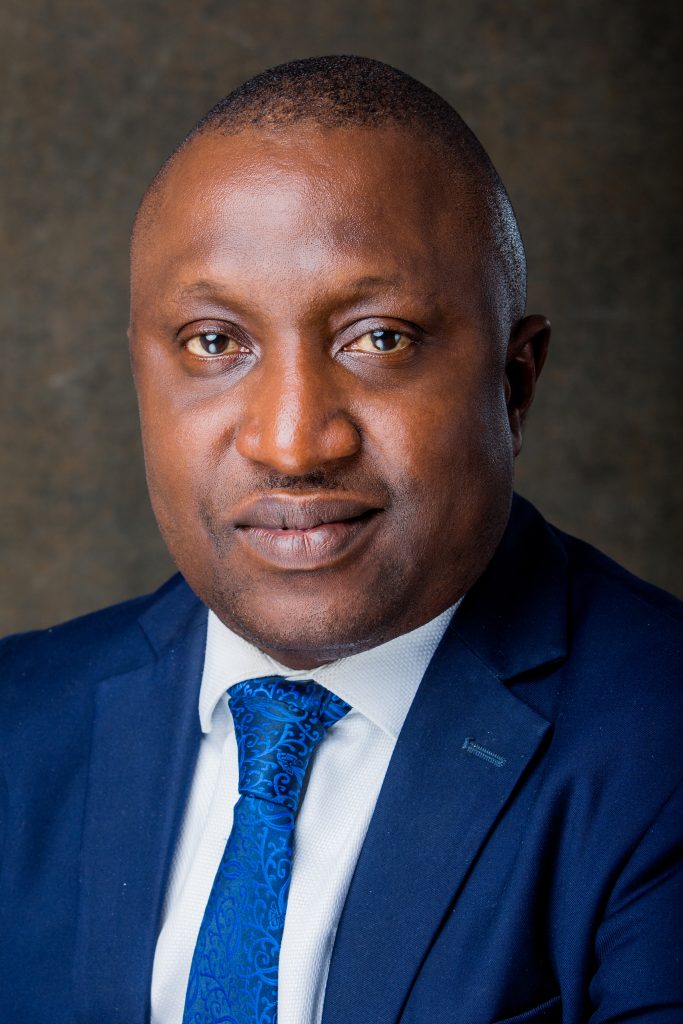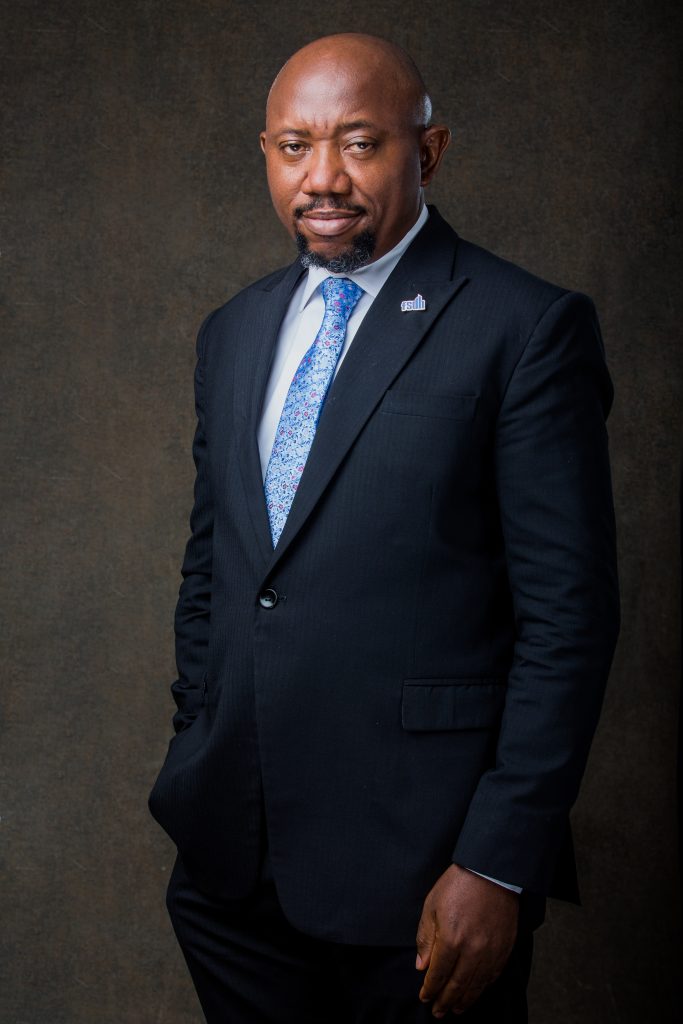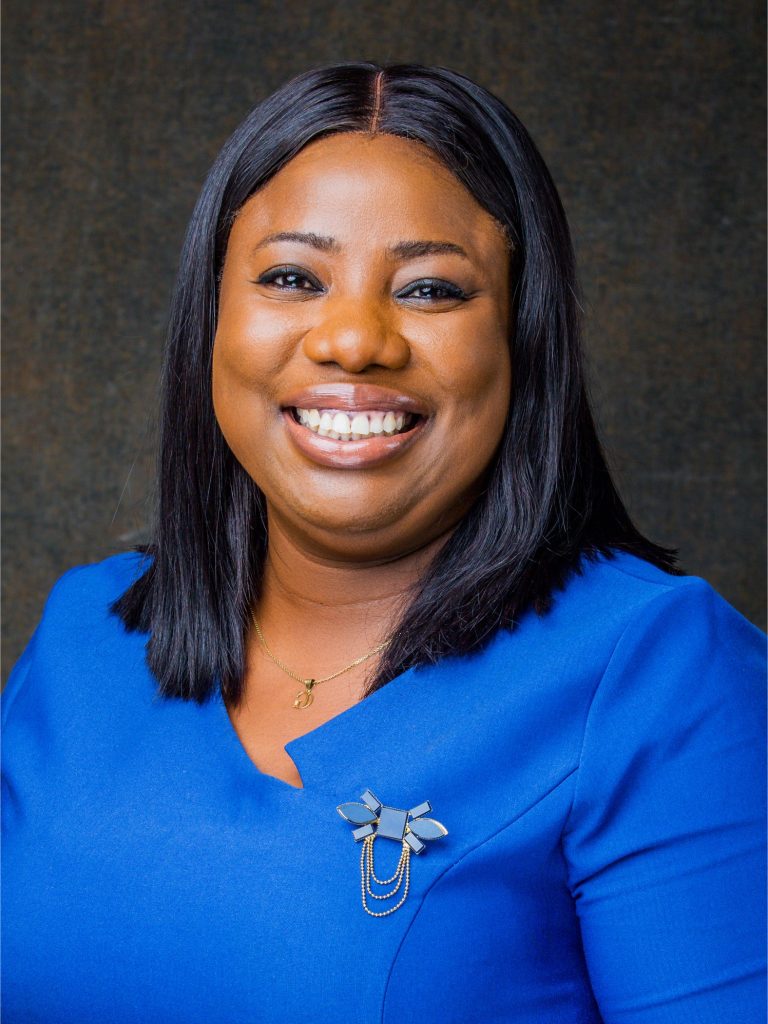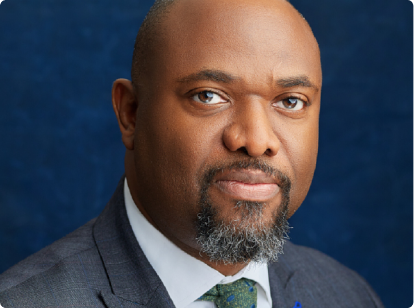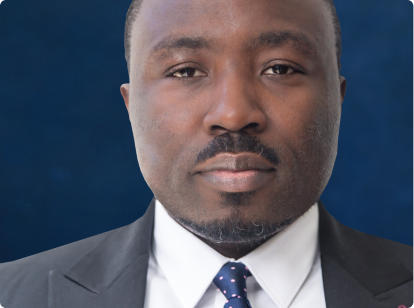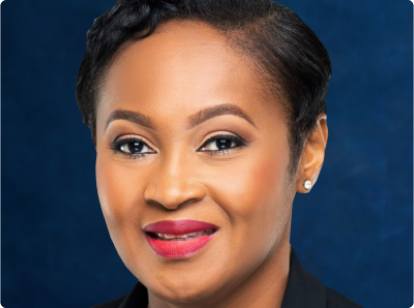
A million dollars… 5 million dollars… or do you even know how much you need? For many young people, especially Gen-Zs and young millennials, the belief that time is on their side often leads to a tendency to splurge and enjoy their youth whenever possible. While it is important to enjoy one’s youth, as this time is irreplaceable, it’s equally crucial to prepare for retirement, particularly if you aim to retire early. Imagine retiring at 40—is there anything wrong with that? Absolutely not! Whether your income comes from a job, a business, or other sources, you must remember that time flies, and it’s up to you to navigate it wisely. Regardless of whether you’re a young millennial or a Gen-Z, understanding that time flies when you’re having fun is key to planning for your future.
So, let’s imagine this. How much do you actually need to retire? Let’s take these case studies.
Case Studies
- Bolaji
Bolaji starts earning at 23 with a salary of ₦150,000. Her earnings grow exponentially due to different factors, including job changes, pay raises, and promotions. By age 30, she already earns ₦700,000. Throughout this period, she’s been able to set aside 20% of her income. Bolaji is risk-averse and prefers to save her money in a low-interest savings account.
- Patrick
Patrick’s story is similar to Bolaji’s: he starts earning at 23 with the same initial salary, and by age 30, he earns ₦700,000 as well. However, Patrick is an ardent investor. He saves the same percentage of his income as Bolaji (20%) but invests it in a diversified portfolio, including stocks, bonds, and mutual funds, which yields a higher average return.
The Financial Outcomes
Let’s examine their financial trajectories assuming they both retire at 60 and compare how their different approaches impact their retirement funds.
- Initial salary: ₦150,000 at age 23
- Salary at age 30: ₦700,000
- Savings rate: 20% of income
- Average annual salary increase: 10% (a conservative estimate for this calculation)
- Interest rate on savings: 3% per annum
Let’s Do the Math.
Total savings over 37 years (age 23 to 60):
- Savings from age 23 to 30:
- Initial salary: ₦150,000
- Salary at age 30: ₦700,000
- Average salary over 7 years = (150,000 + 700,000) / 2 = ₦425,000
- Total savings for 7 years = 425,000 * 7 * 0.2 = ₦595,000
- Savings from age 30 to 60:
- Using average annual salary increase of 10%
- Future value of a series formula to calculate the total savings with interest
After calculating using the formula, Bolaji could end up with approximately ₦200 million by the time she retires at 60.
Patrick’s Investments
- Initial salary: ₦150,000 at age 23
- Salary at age 30: ₦700,000
- Savings rate: 20% of income
- Average annual salary increase: 10%
- Average annual return on investments: 8%
Let’s Do the Math:
Total investments over 37 years (age 23 to 60):
- Investments from age 23 to 30:
- Initial salary: ₦150,000
- Salary at age 30: ₦700,000
- Average salary over 7 years = ₦425,000
- Total investments for 7 years = 425,000 * 7 * 0.2 = ₦595,000
- Investments from age 30 to 60:
- Using the future value of an annuity formula considering an 8% return on investments
After calculating using the formula, Patrick could end up with approximately ₦500 million by the time he retires at 60.
The Impact on Retirement Lifestyle
With ₦200 million, Bolaji can expect a comfortable retirement, but with some limitations on luxury and occasional splurges. She would be able to cover her basic needs and some moderate lifestyle choices but might need to budget carefully to ensure her funds last through her retirement.
On the other hand, Patrick, with ₦500 million, can afford a more luxurious retirement. He can enjoy more freedom in travel, hobbies, and other leisure activities without the constant worry of running out of funds. Patrick’s investment strategy has significantly increased his retirement nest egg, allowing him a higher quality of life and more financial security.
Having a retirement plan is great, but a robust investment strategy can significantly enhance your retirement lifestyle. Don’t just save; invest wisely to secure a financially abundant future. Start your investment journey with FSDH Asset Management today. Let us help you navigate your path to a prosperous retirement. Click here to get started.





